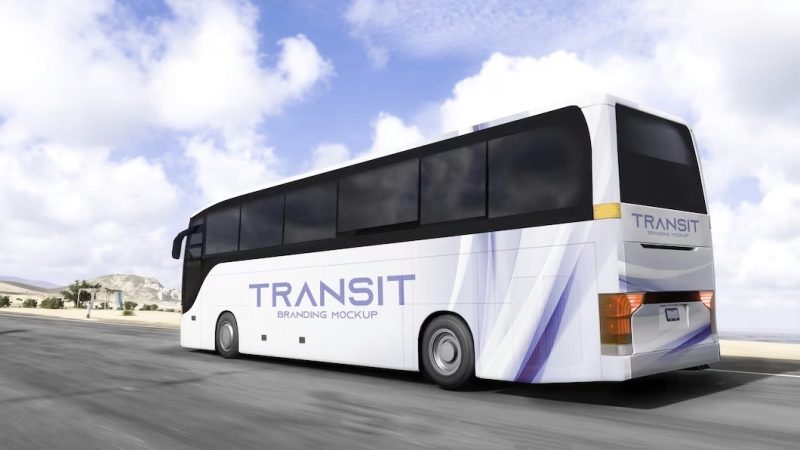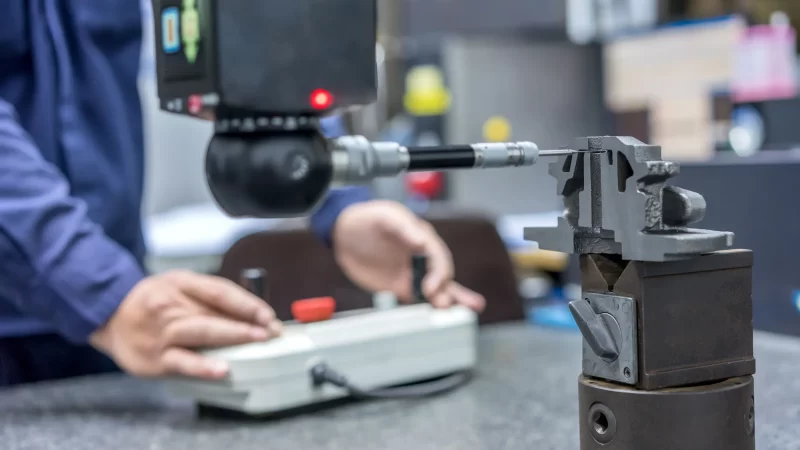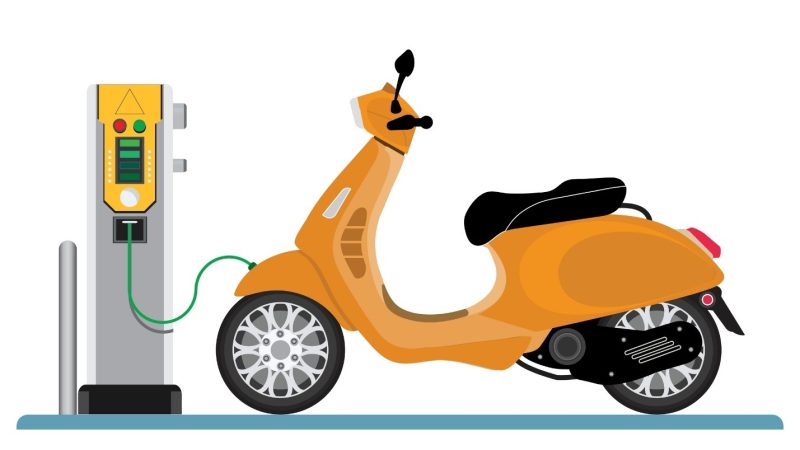8 Recent Enhancements in The Automotive Industry

Information-centric technologies play a major role in the future of the automobile industry, according to a comprehensive analysis of industry trends to look forward to in 2021. At an unprecedented rate, the sector is incorporating new technologies into its operations. In addition to long-established technologies like artificial intelligence (AI) and big data & analytics, newer technologies like the internet of things (IoT) and blockchain have several uses in the automotive industry.
Autonomous Vehicles
Information-centric technologies play a major role in the future of the automobile industry, according to a comprehensive analysis of industry trends to look forward to in 2021. At an unprecedented rate, the sector is incorporating new technologies into its operations.
In addition to long-established technologies like artificial intelligence (AI) and big data & analytics, newer technologies like the internet of things (IoT) and blockchain have several uses in the automotive industry.
Intvo is a startup based in the United States that produces pedestrian behaviour prediction technologies. Unlike two-dimensional (2D) and three-dimensional (3D) object identification systems, which take into account only a few criteria, their approach examines pedestrians’ head position, eye contact, and leg motions, as well as weather circumstances, before assigning a risk level. This lowers the number of false positives in pedestrian identification and improves autonomous vehicle safety.
Electrification
The depletion of fossil fuel supplies and the environmental damage caused by their use necessitates the promotion of electric vehicles (EVs). EVs must overcome difficulties such as high prices, weak batteries, insufficient charging infrastructure, fleet electrification, and powering renewable energy-based charging networks to achieve increased adoption.
Moreover, EVs require a specific EV charger, which means for electric vehicles to be popular there should be enough charging power stations available.
For powering various auxiliary systems, DC-DC converters are used to convert dc voltages from one voltage domain to another. In the electrical domains of Electric Vehicles (EV) or Hybrid Electric Vehicles, isolation components have a variety of applications within dc-dc converters (HEV). If you are looking for one, you can go for the zj beny dc isolator.
Self Driving Automobiles
This built-in stop and go feature is present in Audi’s adaptive cruise control. The analysis of the vehicle’s surrounding environment necessitates the cooperation of 30 control units. Audi’s cruise control and change the speed ranging from 0 to 155 mph, according to the driver’s preferences.
The technology judges distance using two radar sensors at the front of the vehicle, and users can modify the rate at which the system accelerates. When it comes to deceleration, the system is pretty limited. However, these systems are not fully autonomous.
The BMW 7 Series, which is currently on the market, can park itself without the need for the owner’s assistance. Similarly, Google began testing self-driving cars with remote sensing technology in 2015. A laser was put on the roof to produce a 3D map of the surrounding region so that the car could travel automatically.
The increasing importance of cruise control and self-parking systems in the BMW 7 Series suggests that completely autonomous systems will be the obvious next step in the automotive technology revolution.
Excellent User Interactivity
The capacity for user engagement has greatly risen as computers have become more vital to the mass manufacture of automobiles. Every car manufactured nowadays has an onboard computer that regulates a variety of tasks.
The user can control GPS, cruise control, car temperature, and even exhaust emissions with many onboard computers. Exhaust system plays an important role in vehicle’s performance make sure that you purchase the exhaust system from xforce.eu. The level of user involvement available to drivers around the world has increased because of these onboard devices.
Drivers can now use their onboard GPS to set a location and run onboard diagnostics to uncover any faults with the vehicle’s subsystems. The way our vehicles are designed and built emphasises user interaction.
Following the smartphone revolution, the automobile industry created smart dashboards, with onboard tablets allowing users to read their phone messages while listening to music over the audio through one interface.
Smart car technologies
Users may experience the functionality of a phone without having to pick it up thanks to technologies like Apple CarPlay and Google Android Auto. In effect, this means that consumers will spend less time staring at their phones since they will be able to interact with a wider user interface.
Regardless, connecting with an onboard computer is a diversion from the road ahead. Does it, or does it not? Manufacturers are incorporating technologies like Gesture Control, a technology that allows users to operate their radios with hand gestures, as part of their emphasis on user involvement.
A tiny sensor in the BMW 7 Series’ roof control panel monitors the surroundings in front of the screen to read your motions. You may change the volume with a circular motion and answer or dismiss phone calls by swiping to the left or right with the 7 Series Gesture control. Users can also develop their own custom configurations if they need them.
Shared Mobility
As a result of linked autos, new business models focusing on shared mobility as an alternative for standard vehicle ownership. This allows for mobility-as-a-service (MaaS) while simultaneously discouraging the usage of underutilised cars. Such solutions meet the needs of a community or a firm without adding more vehicles, reducing fleet waiting times and environmental pollution from gasoline or any other fossil fuels.
Artificial Intelligence
Artificial intelligence technologies such as machine learning, computer vision and deep learning are all applied in robotic automation in the automotive sector. These enhance the ability of self-driving automobiles to navigate and improve driver safety, as well as boosting services like vehicle inspection and insurance. AI also has applications in the automotive industry, where it aids in cost-cutting by accelerating manufacturing.
Data Analytics
In this age of extensive data distribution, advanced data analytics informs numerous decisions throughout a vehicle’s lifecycle. In the case of an accident, vehicle data allows predictive maintenance, enables fleet management, and also immediately alerts pertinent authorities. Customer automotive data is also utilised to increase sales, optimise supply chains, and develop product designs for the latest cars.
Final Thoughts
If the rise in user interaction and autonomous features has proven anything, the auto industry is still committed to the self-driving car vision. As self-driving cars become more common, consumers will anticipate more user interaction when travelling.
It makes sense that the fewer time drivers spend ‘driving,’ the more time they want to spend interacting with onboard technologies. As a result, developing and upgrading self-driving automobile technologies is the way of the future. It’s a different tale, whether it’s rosy or not.





